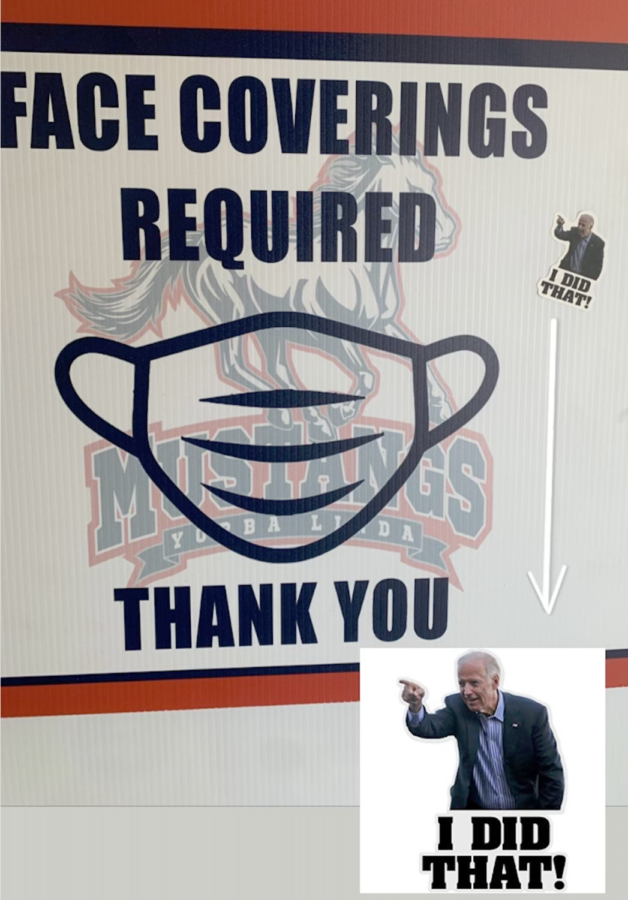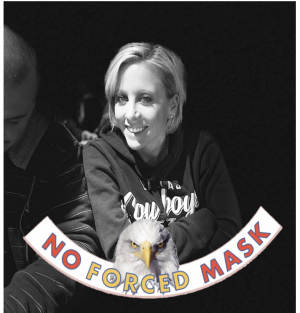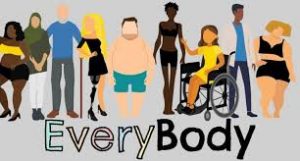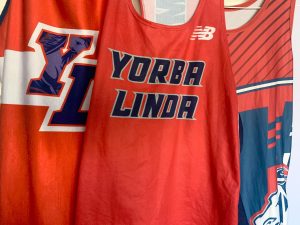A Pandemic of Political Paraphernalia in Schools
A sticker of Joe Biden with the caption “I DID THAT!” pointing at a sign that demonstrates the mask requirement indoors at YLHS.
September 26, 2021
Throughout the past year, students have become highly familiar within the political scenes around the globe. Although students have always been a big subject within politics, we have now involved ourselves more than ever with becoming knowledgeable and speaking out with our voices. Even if they are not personally involved, the amount of political polarization that they have been exposed to has created an environment in which politics creeped its way into almost everything. One of the largest developments throughout this time has been the rise of political paraphernalia within schools.
With schools being a large breeding ground of diversity and new ideas, students have become polarized alongside the nation itself. Republicans, Democrats, both, and neither are only some of the political labels that are thrown around at people as if that is who they are as a person. Through these labels, groups have become formed to the point that people want to belong to these groups as a social “flex”.
These groups also allow for the normalization of political paraphernalia within schools. Political merchandise has been sold as a way for groups and candidates to make money and get advertisement from their followers. All different types of paraphernalia can be seen on sale from political entities. Some of the most common ones are stickers, shirts, hats, and flags… many, many flags. People use these items as a way to show what they think and what groups or people they support.
In schools there has been a heavy influx of political paraphernalia that is completely protected by the first amendment right; specifically, it is protected by the phrase about free speech. Some schools may have different rules which depend on the district dress code policies or private school regulations. It is seen that the majority of high schools allow political attire, as long as it is not hateful toward any other beliefs.
Donald’s Trump’s merchandise campaign is by far the most common political wear seen in schools. “Make America Great Again”, or MAGA, is seen on hats and shirts all over the United States. These occurrences were a big thing within states that voted with the Republican nominee during the 2020 election, but are common in most areas. Many students have shown their continuous support for former President Trump with merchandise from the unofficial “Trump 2024” campaign.
Another common cause that is represented through political merchandise is the Black Lives Matter movement. Students will mainly wear shirts or jewelry representing their support for the movement that has gained much traction in 2020. Although this movement had been around before, many students have come forward with their involvement and knowledge about the cause. During the protests specifically, many creators began to capitalize on those who want to share their support.
Although political paraphernalia is protected within your rights, and within dress codes at the majority of schools, the question still comes up – is school really the place for these types of ideals? And like any other controversial issue, there are supporters and non-supporters.
Supporters say that school is a diverse place and welcomes the new ideas and perspectives that are brought on campus with the integration of politics in the student body. Many feel that it is more than appropriate to let students represent themselves in an environment where they go to grow and learn. They feel that since we have the right to free speech, we should have the right to use political attire to demonstrate our opinions within schools. In addition, many supporters of this idea claim that the causes we support have no effect on our education, and therefore it should not matter at all in the first place.
Those who feel political paraphernalia does not have a place within school feel that politics should not be involved within our education. An Anonymous (12) student at YLHS comments on this matter that “…political paraphernalia should not be allowed in schools because it should be an impartial place for unbiased education… If education were to become politicized or biased, it would create a further divide within the country.” Another argument is about how these groups divide and can hurt friendships or relationships with teachers and fellow students who disagree. In addition to that, it can cause problems like fights and taunting.
Overall, this topic is highly debated throughout schools all across the United States, leaving students, staff, and anyone listening to think about how politics has truly affected the lives of the students and the nation in general.






































